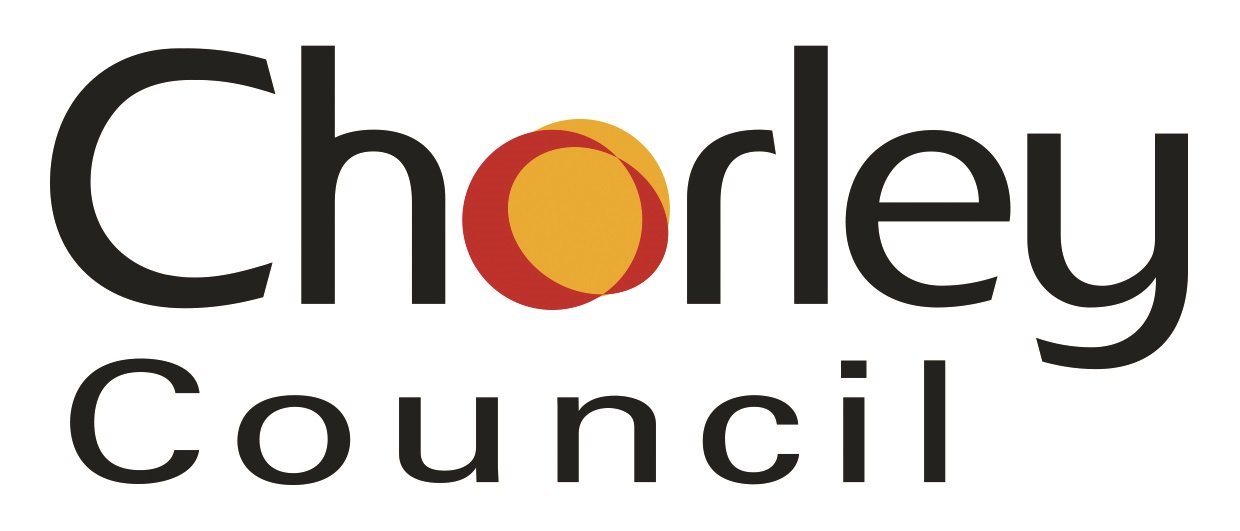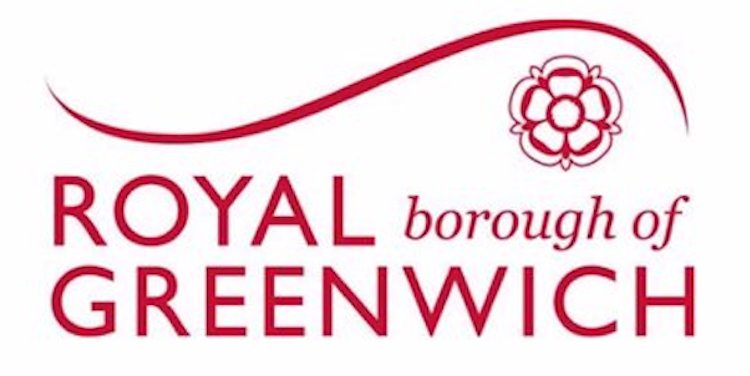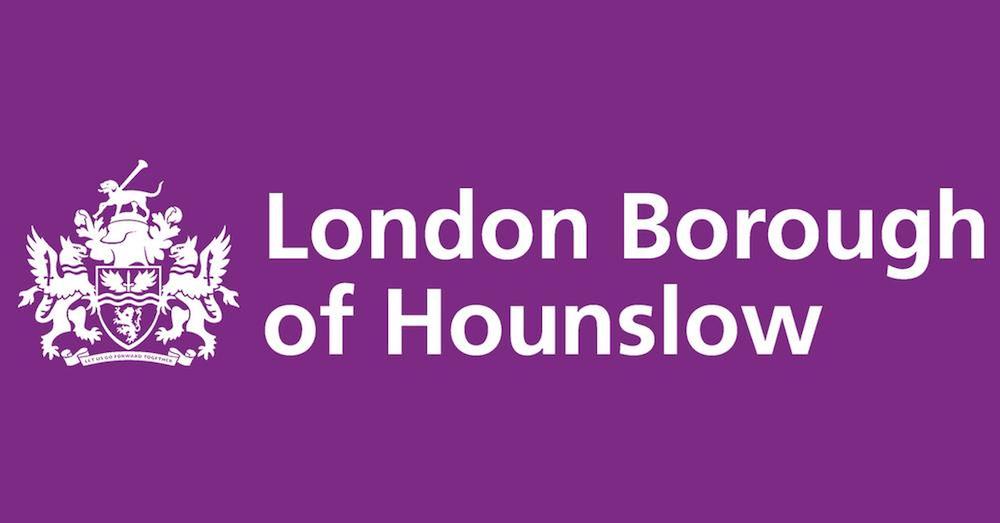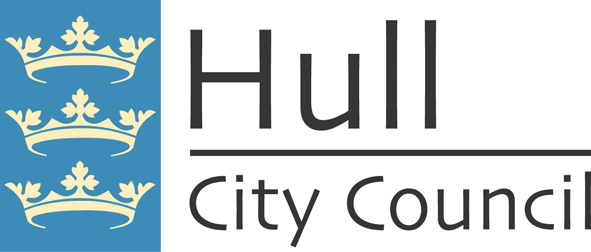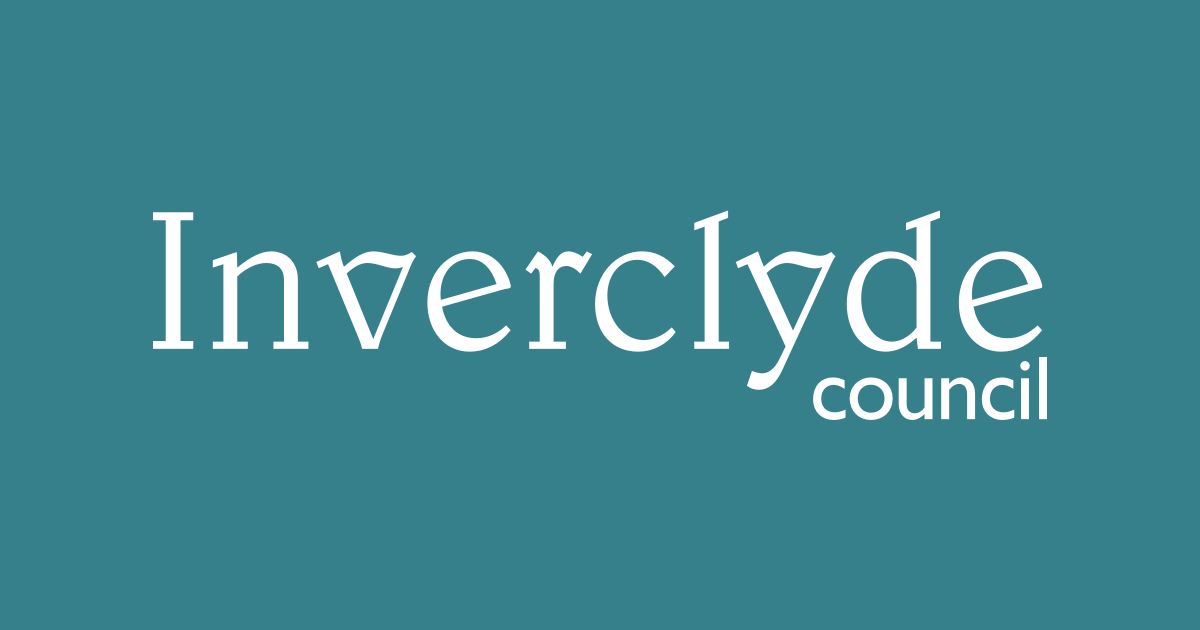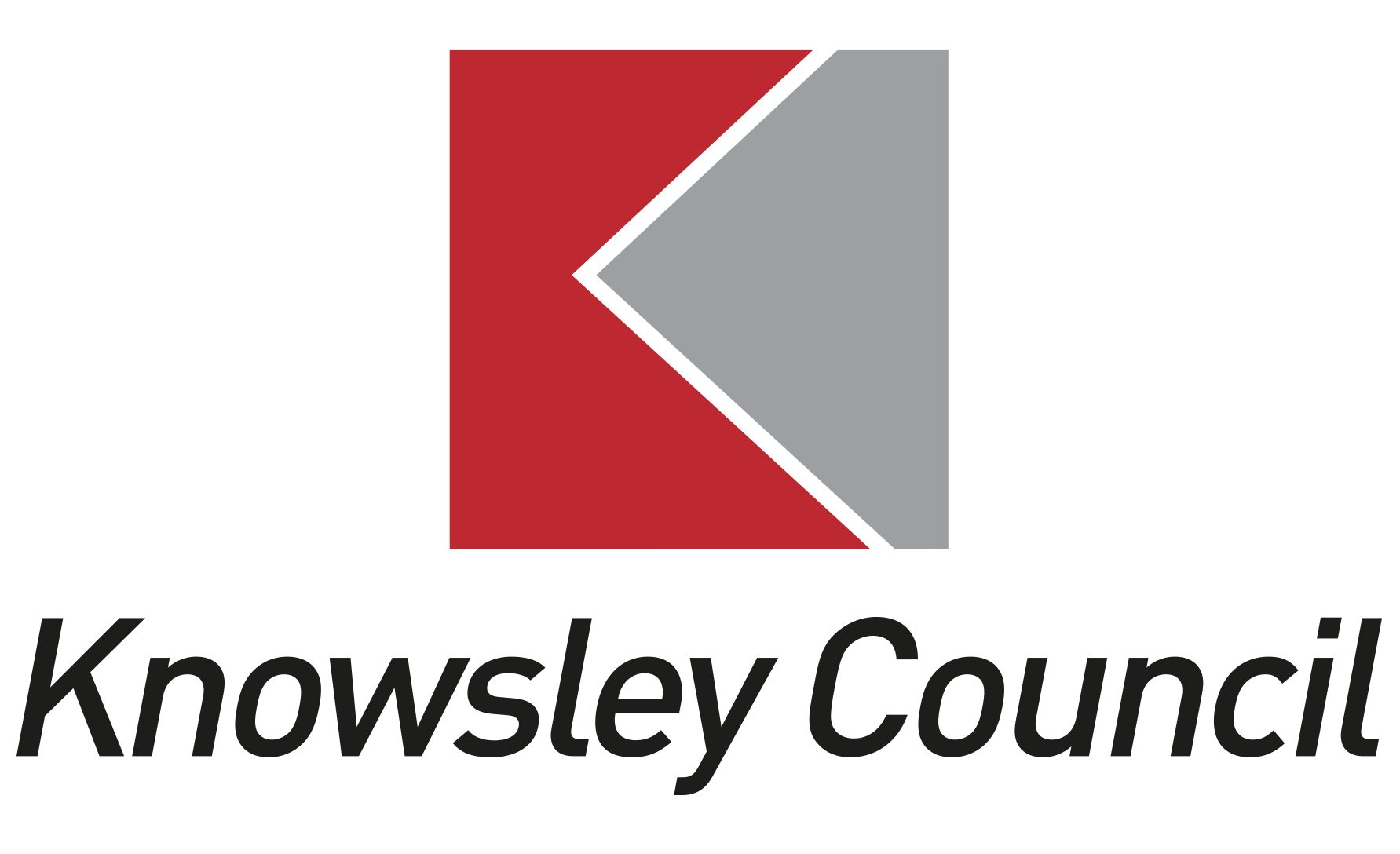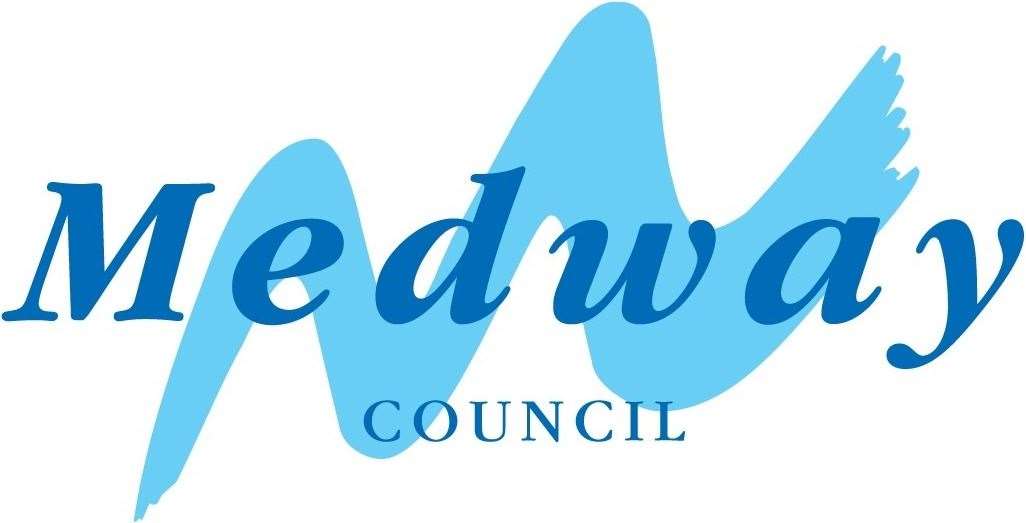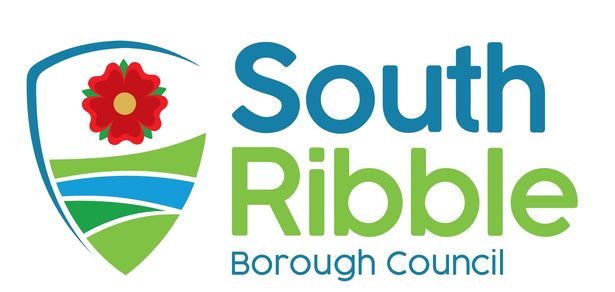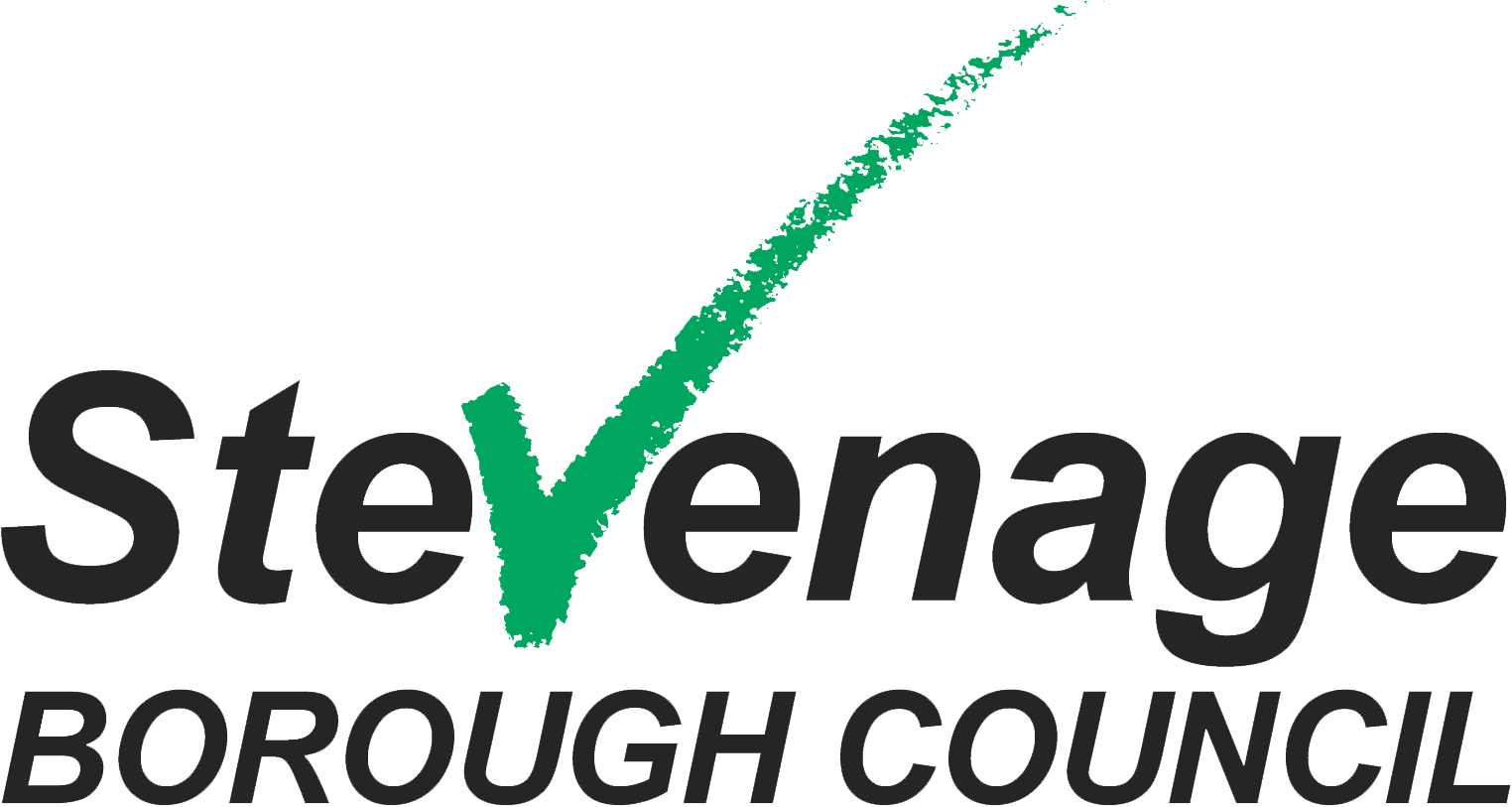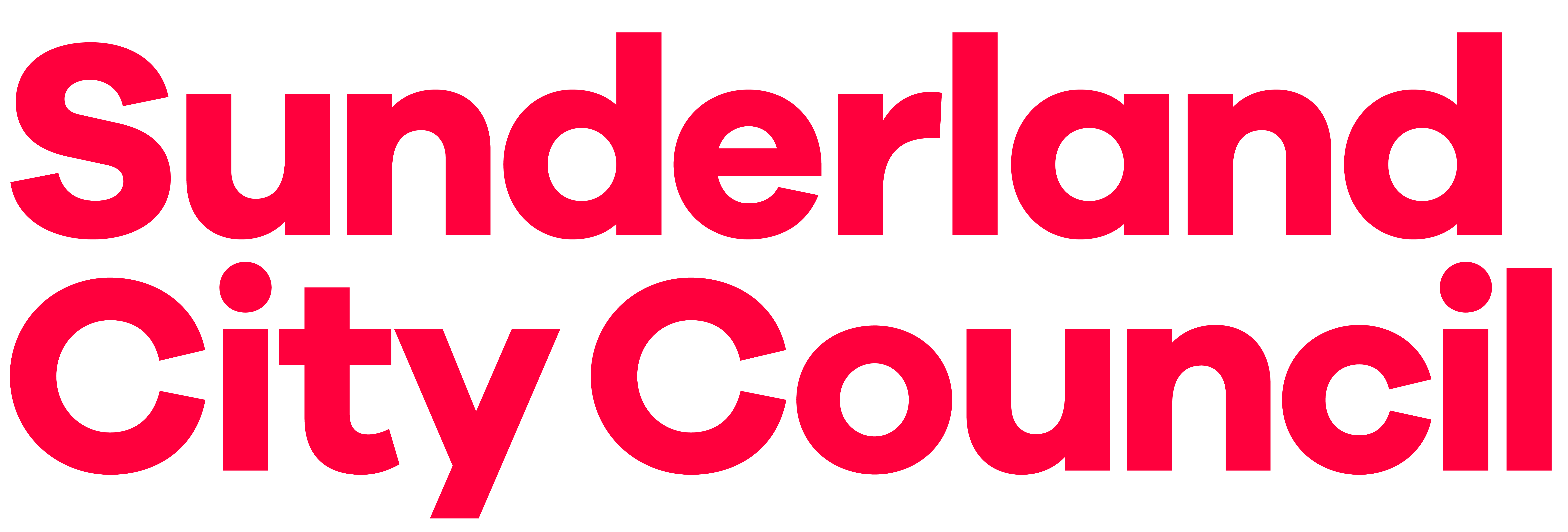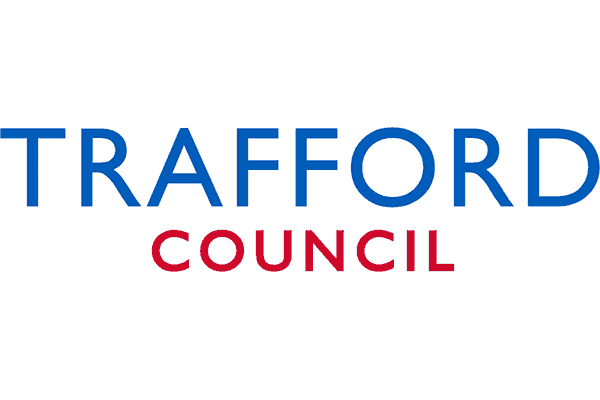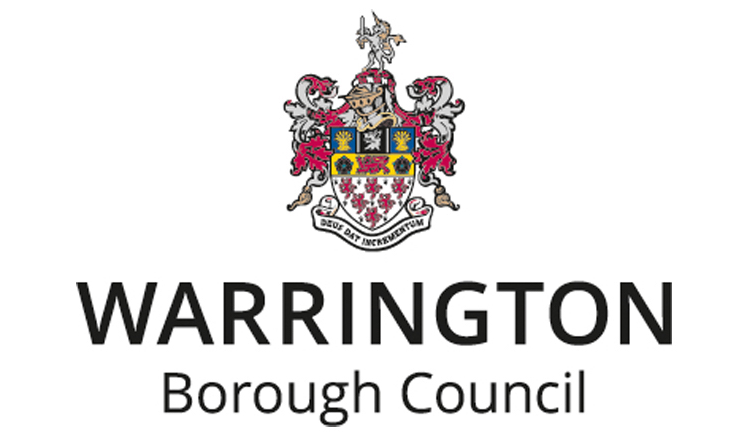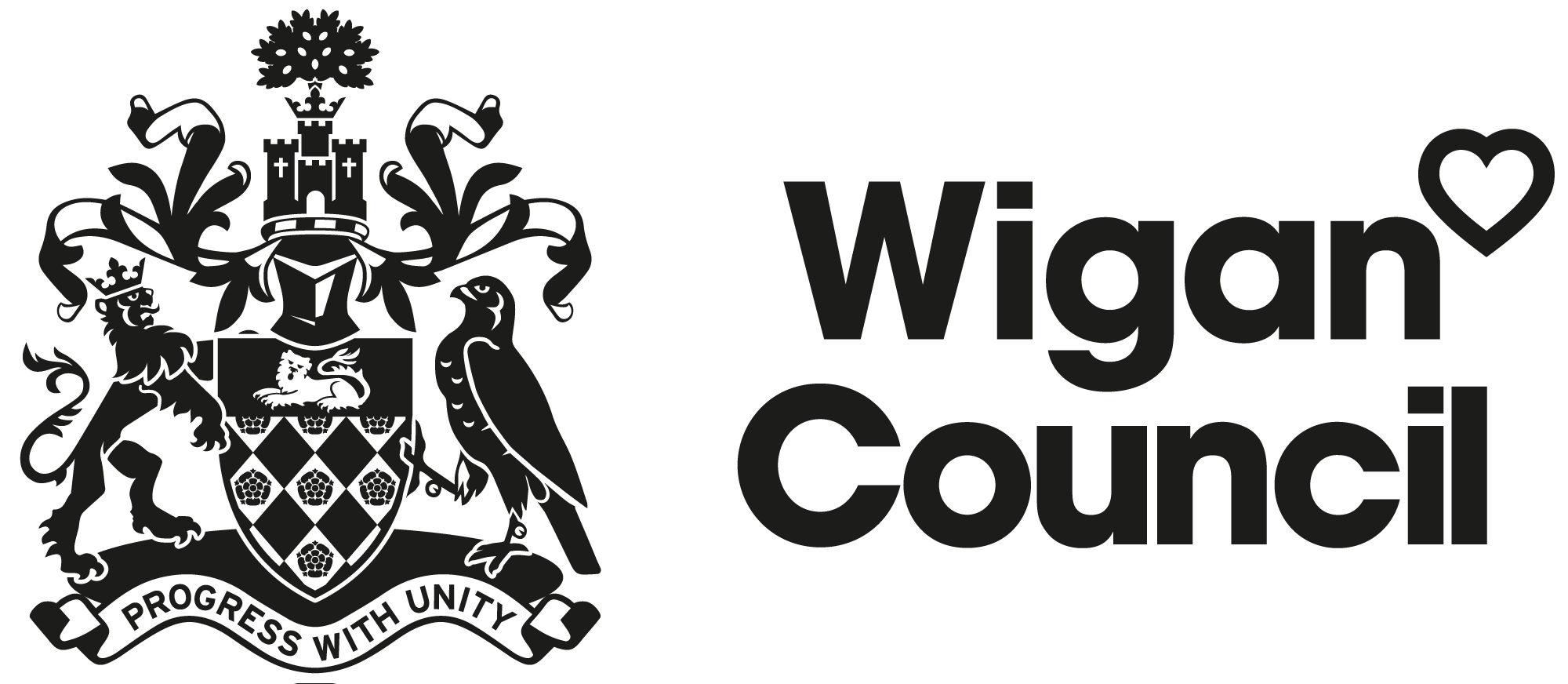Introduction
About This Toolkit
Many councils and elected members are keen to see more cooperatives developed in their local areas. Time and again however councillors and officers have recognised that they don’t know where to start in this objective. This toolkit sets out to give councils a framework to better understand what they aim to achieve through this, their starting point and what they can actually do. Most importantly the framework is underpinned by a collection of tools that will enable them to get started.
The framework is grouped under four areas:
- We start by going Back to Basics and cover a little on what cooperatives are, their benefits, the evidence supporting them and related national support.
- What Can I Do? Headline areas of possible action. There are a few key areas where councils can take action and we talk through each of these. Having these in your mind as you are following the subsequent steps will help you find the right path for you as you go.
- Doing Your Homework: understanding your local context and objectives. Considering local context will support you in understanding existing cooperatives and cooperative business support, the policy framework, and awareness of cooperatives. Local objectives will support you in considering where cooperatives may align with the needs of your local area drawing on existing strategic plans. You may want to find a small number of allies and partners to work with during this stage. While identifying stakeholders is dealt with under the second area, if you’re not sure who those people might be you may wish to take a look at this earlier.
- Taking Action: having understood what you want to achieve and where you’re starting from, we can now Prepare for action and Get going. We look at identifying and involving stakeholders, and developing a theory of change, before moving onto finding funding and developing an action plan.
Supporting the framework are some considerations around mindset described shortly. For many councils this work will require quite different ways of working implying different ways of measuring success and the need to develop different skillsets.
This toolkit builds on the work of the previous Policy Lab project led by Plymouth City Council which resulted in the report Coops Unleashed: from the Grassroots and its accompanying toolkit. Some of the resources from this toolkit are incorporated and added to.
Where resources are provided as PowerPoint decks, as much as possible, these have been put together in such a way that slides should be easy to copy and paste over to your own presentations and take on your own corporate branding. If this doesn’t work you may need to look at your corporate templates to check if you have multiple layouts so that PowerPoint can do this work for you.
This toolkit does not aim to directly help those who are looking to establish a cooperative themselves. There are numerous existing resources for people including toolkits around specific types of cooperative or particular themes such as governance or finance. What is lacking is the capacity or funding to support people as they take on that journey and there are far too many barriers in their way. As a council you may well decide that you need to create a dedicated programme of support to supplement what is available and we would encourage you – where possible – to work with existing organisations in your area (and wider) to draw on, build and release their expertise.
A Cooperative Development Mindset
As you work through this toolkit and work to see more cooperatives develop in your place we recommend that you try and work from this mindset. The principles here are based on much collective experience and research undertaken with local authorities and individuals within the cooperatives sector in the early stages of this project. These are:
- Nurture existing assets – don’t reinvent the wheel. Engage and support the people, organisations and networks that already exist. This will enable them to go further faster, and accelerate your progress towards your goals at lower cost. Most often coop development is likely to be about empowering and supporting others to act rather than the council doing things directly.
- Don’t expect quick results. Our society, economy and culture generally makes cooperation and cooperative solutions largely-invisible to most people. In this context if we want to see the development of a setting where cooperation is not only visible but also acceptable and achievable it is essential to build a supportive culture. This won’t happen overnight.
- Get out of your silo. Councils are large, complex organisations with many teams and departments that can often operate compartmentalised from other teams. Furthermore they operate within systems of public, private and community sector actors. Cooperatives are often seen as a subset of social enterprise and therefore commonly viewed as part of the third sector and so the domain of communities teams rather than the business sector, while economic development colleagues can appear focussed solely on conventional for-profit investor-owned business. Cooperative solutions cover a very wide spectrum and a coherent approach to supporting cooperatives is best delivered through cross-cutting teams.
- Understand the pipeline – and make it simpler where you can. The journey that results in the establishment of a cooperative can be long and involve multiple stages and inputs from a variety of sources. Councils that want to encourage more people to embark on this journey need to be prepared to understand and work to remove the barriers they face.
- Be open to innovation. Whilst some might take the view that cooperatives are primarily niche life-style businesses, in practice cooperation encompasses a very diverse range of businesses. A cooperative may operate and deliver value in ways you don’t expect – this diversity is of significant benefit. The case study pack within this toolkit illustrates some of the breadth of cooperative business types and models within the UK. You may find similar coops in your own area or nearby while other examples can be found elsewhere in the world. The resources later in the toolkit drawing on the CCIN study visits to Mondragon and Emilia Romagna may be sources of inspiration.
- Adopt an entrepreneurial mindset. Cooperative development is very much a bottom-up process, and generally the key role of a council is to engender and foster conditions where that process can thrive. At the same time councils have a unique vantage point where opportunities can be spotted that might not be visible from other perspectives – this type of approach was central to the ‘Cleveland Model’ of community wealth building, where anchor institutions could identify gaps where a new cooperative business could meet a need. These types of opportunities could then be shared within your local cooperative network.
- Co-operate! Our research suggests that the individuals within councils who are actively working in support of cooperation can sometimes feel like theirs is a lone voice. Mutual support through active networking with counterparts in other councils through organisations like CCIN and other relevant networks can be a valuable source of information, inspiration and opportunities.
Acknowledgements
This toolkit has been created by Kirklees Council in partnership with the councils of the Royal Borough of Greenwich, Oldham, Oxford, South Ribble, Stevenage and Sunderland. The project has been funded as a policy lab of the Cooperative Councils’ Innovation Network of which all participating councils are members and Power to Change who do fantastic work to support community businesses and work with local authorities and combined authorities to encourage and empower them to do more in this space. We hope this toolkit proves valuable to them in that work. Particular thanks to Nicola Huckerby at CCIN for her regular input and Bonnie Hewson, John Forbes and Natalie White from Power to Change for the fantastic support they’ve each provided at different points of the project.
The early stages of this project benefitted from the experience and expertise of Jo White at Co-operative Futures with a team including Graham Mitchell of Innovation Coop and Gareth Nash of CMS. Dr Catherine Brentnall and Dr Owen Powell have done fantastic work in the latter stages conducting the rapid evidence review and building the case studies that can be found in the toolkit. We know many coops, cooperative development professionals and officers and members of councils provided insights throughout and without which the toolkit could not have been as strong as it is.








